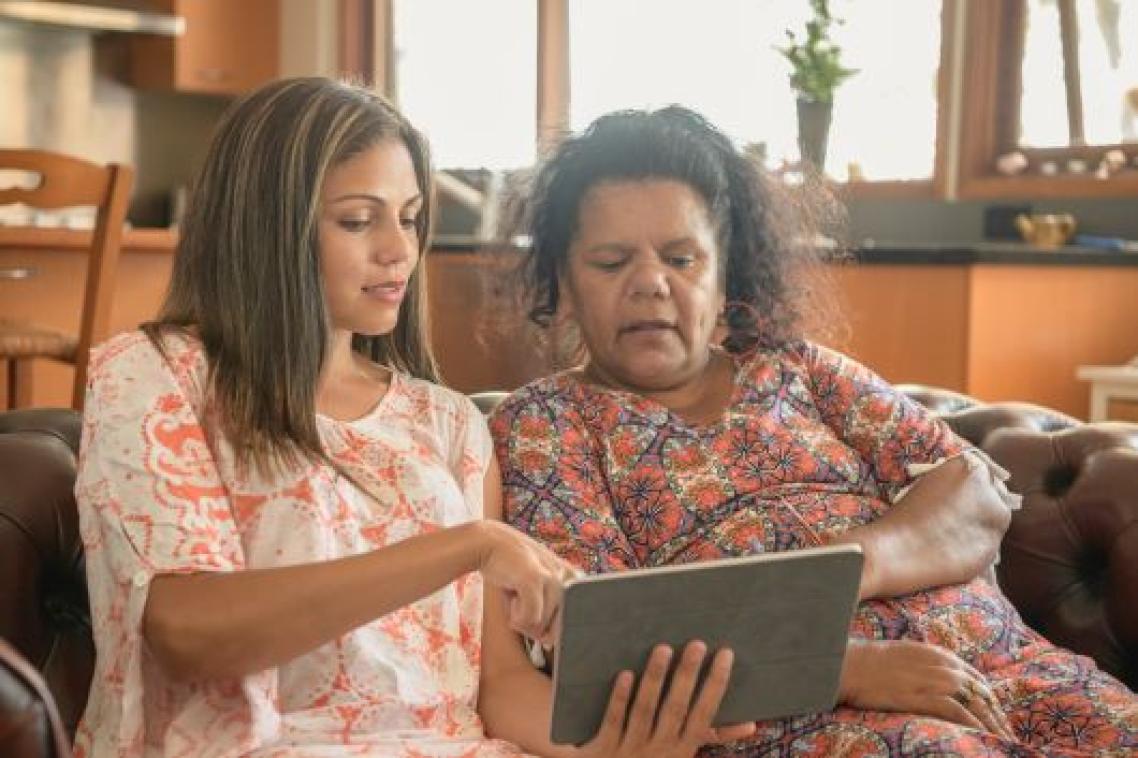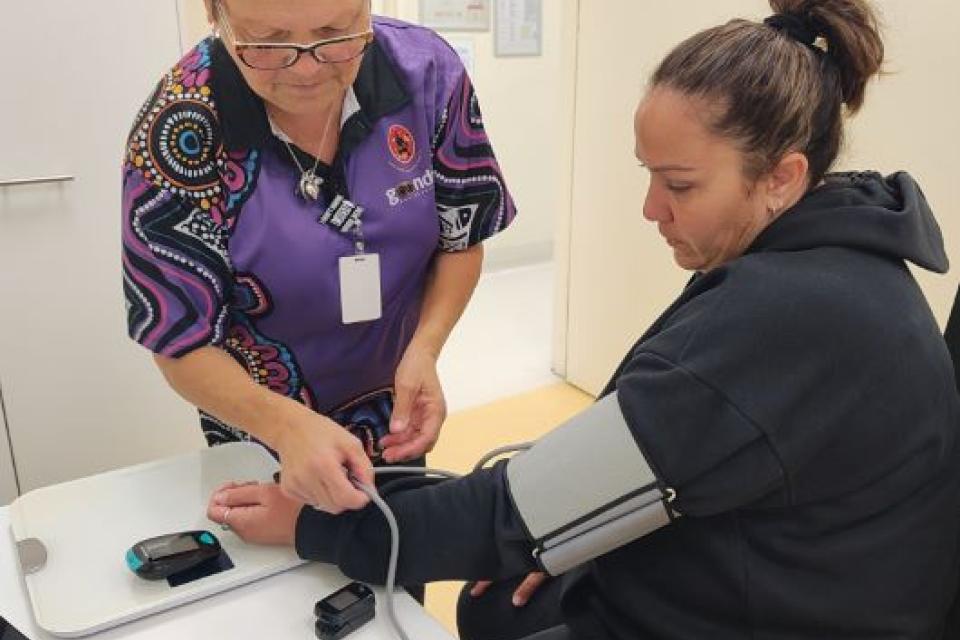Crucial funding boost to transform Indigenous digital healthcare

Aboriginal and Torres Strait Islanders living with chronic disease in rural areas will benefit from improved healthcare access thanks to a $500,000 grant.
Dr Bushra Nasir from The University of Queensland’s Rural Clinical School said a strategic framework will be developed to deliver a national Indigenous-led digital health service model, after being awarded a Medical Research Future Fund (MRFF) grant.
“This funding from the National Health and Medical Research Council will help us bridge medical service gaps and improve health outcomes for Indigenous chronic disease patients across Australia,’’ Dr Nasir said.
The delivery framework will be co-designed by UQ, Goondir Health Services (GHS, an Aboriginal Community Controlled Health Organisation) and the University of Southern Queensland (UniSQ).

“We have undertaken extensive consultation and published a study detailing chronic disease challenges and how virtual models of healthcare empower Indigenous communities,” Dr Nasir said.
“Based on our ongoing research, we’re committed to developing a culturally responsive, sustainable and cost-effective model that enables Indigenous Australians with chronic diseases to utilise digital health advances.”
GHS CEO and co-lead investigator Mr Floyd Leedie said the model provided a holistic approach to tackling chronic disease in a culturally appropriate way that works.
“Patients can use remote monitoring devices in the comfort of their homes, ensuring consistent access to healthcare staff, without the burden of travel or other costs," Mr Leedie said.
“The national roll-out will be able to provide holistic healthcare to more Indigenous people across Australia."
UniSQ health economist and co-lead investigator Professor Khorshed Alam will evaluate the cost-effectiveness and sustainability of the virtual health services model.
“To ensure long-term success and affordability, it’s important to develop a national framework through consumer and stakeholder collaboration,” Professor Alam said.
“Through rigorous analysis and stakeholder engagement, we will ensure that this digital health model is both scalable and sustainable, fostering community ownership and driving positive health outcomes.”
Image above from left: Funding to roll out a national digital health service will help improve health outcomes for Indigenous communities. Image: Goondir Health Services.
Media contact:
UQ Communications
communications@uq.edu.au
+61 429 056 139
Topics
Related articles

Staying physically active cuts risk of early death by 40 per cent

Medicinal cannabis is big business. But the latest clampdown won’t curb unsafe prescribing
Media contact
UQ Communications
communications@uq.edu.au
+61 429 056 139
